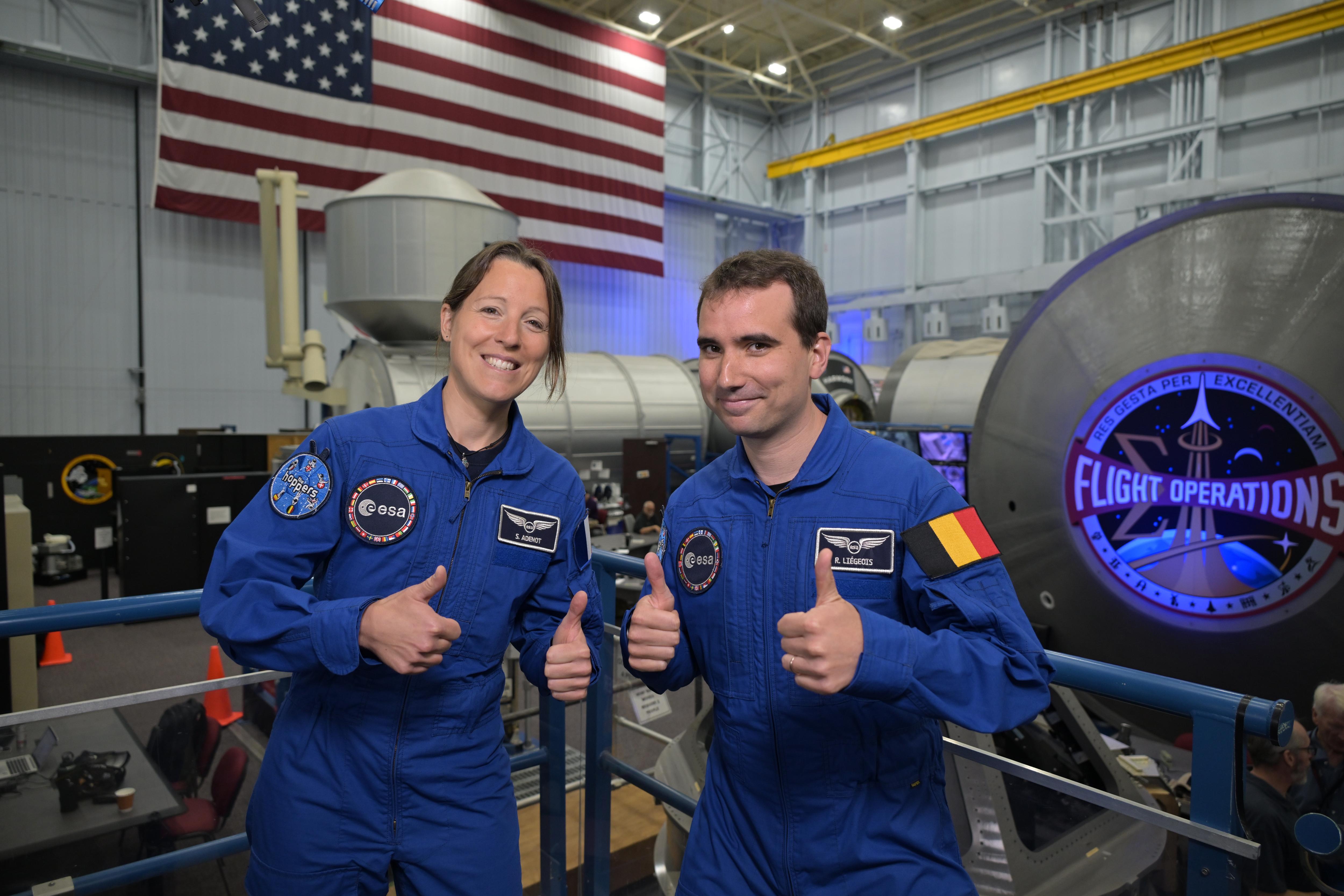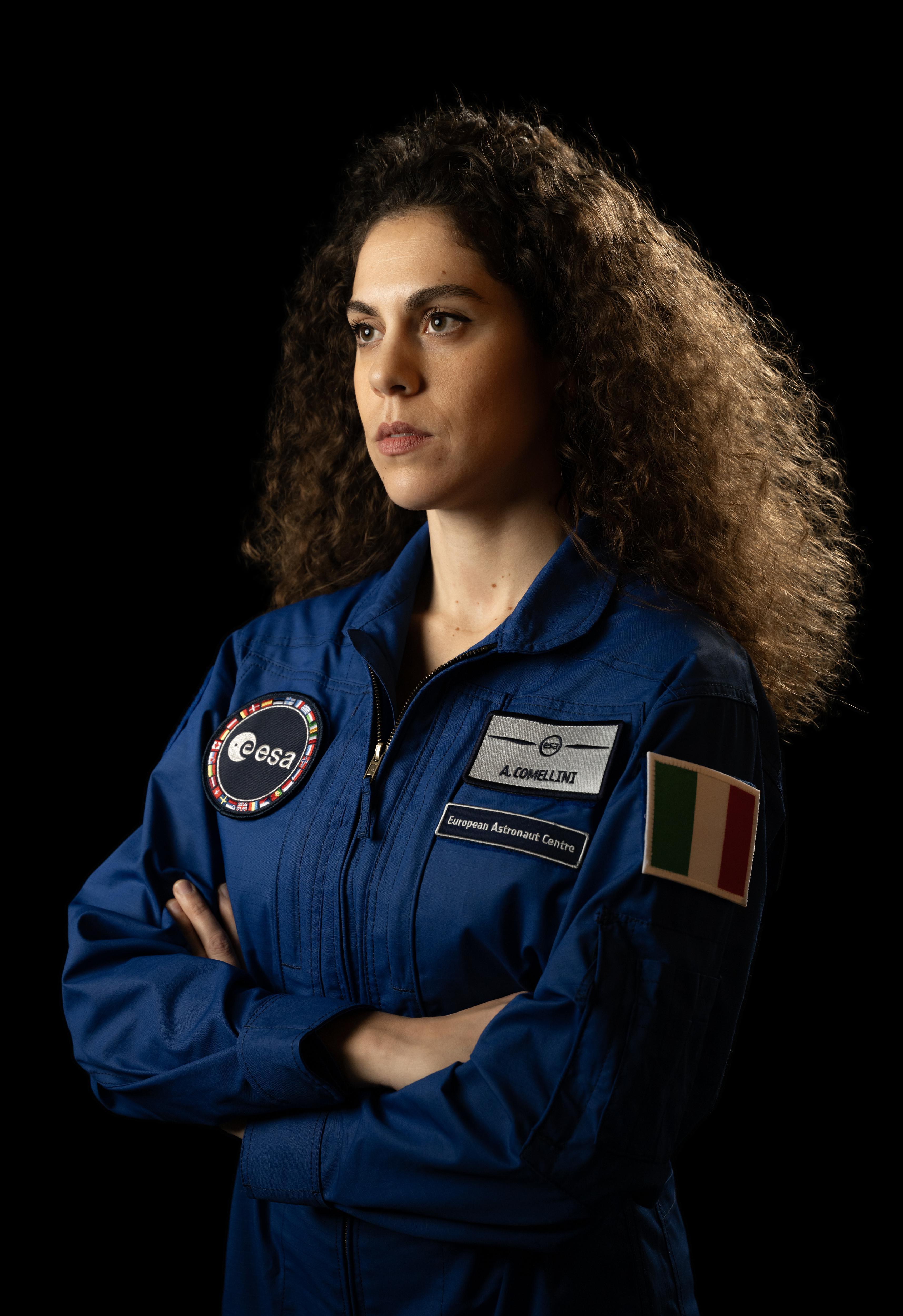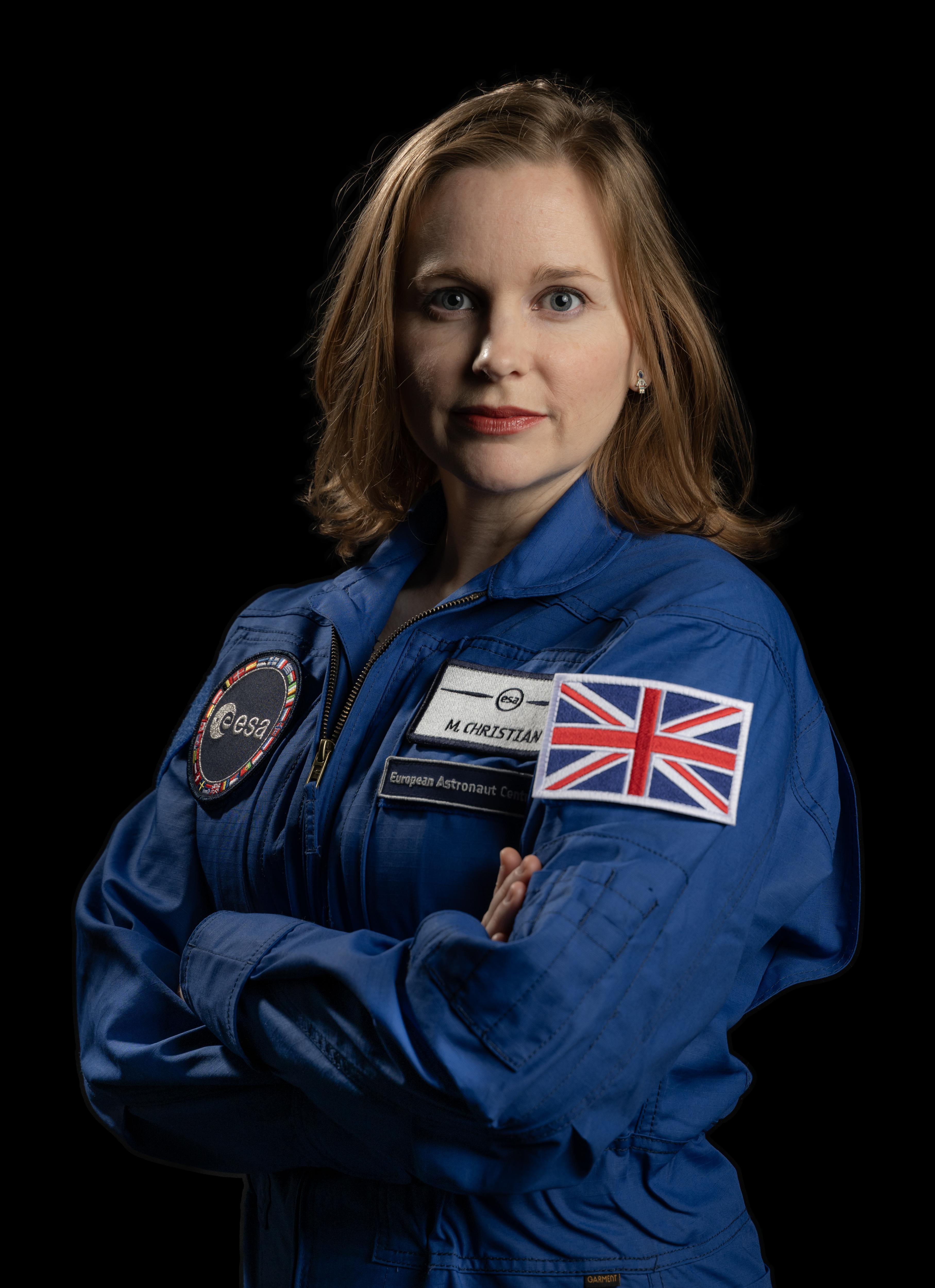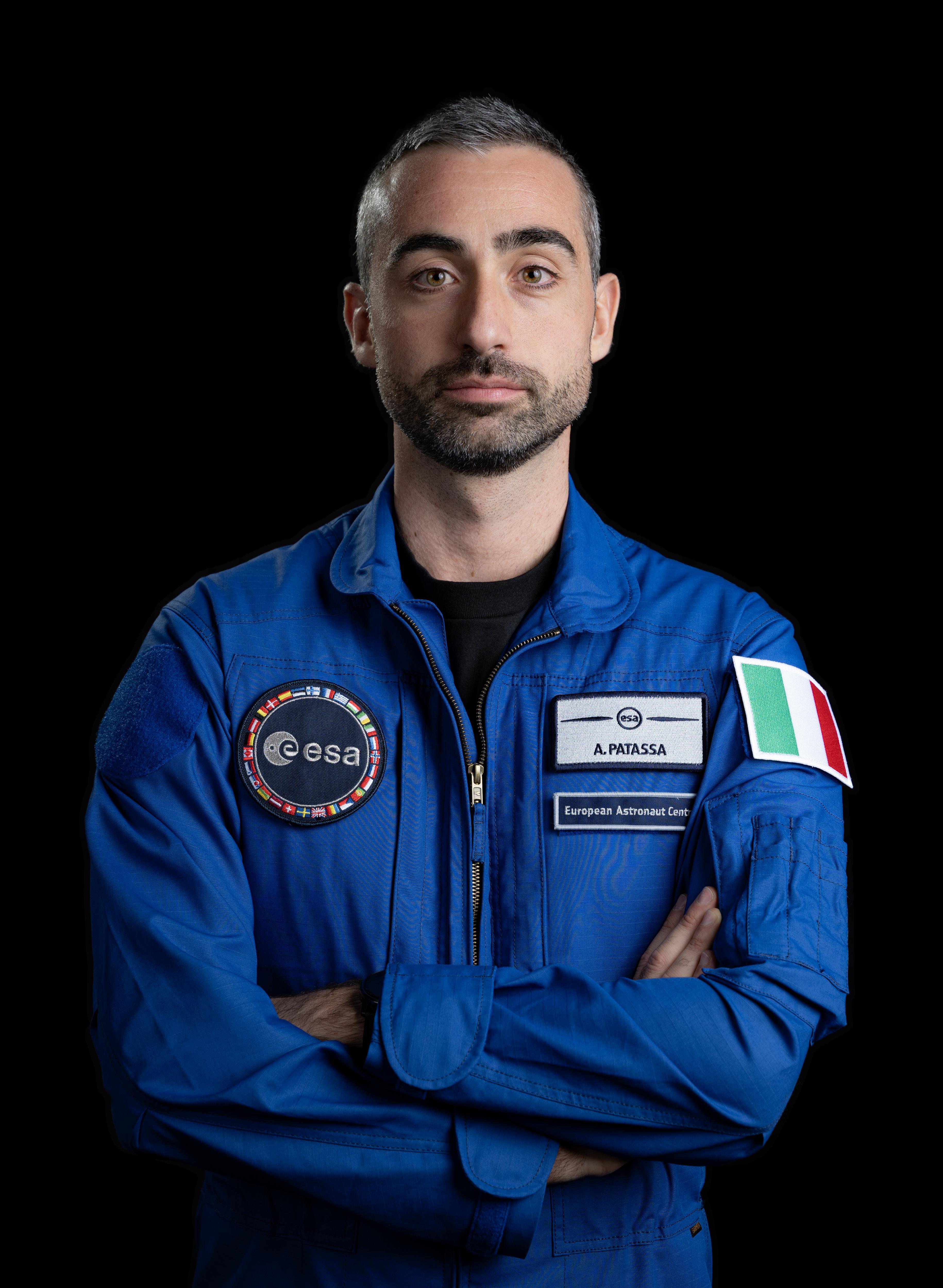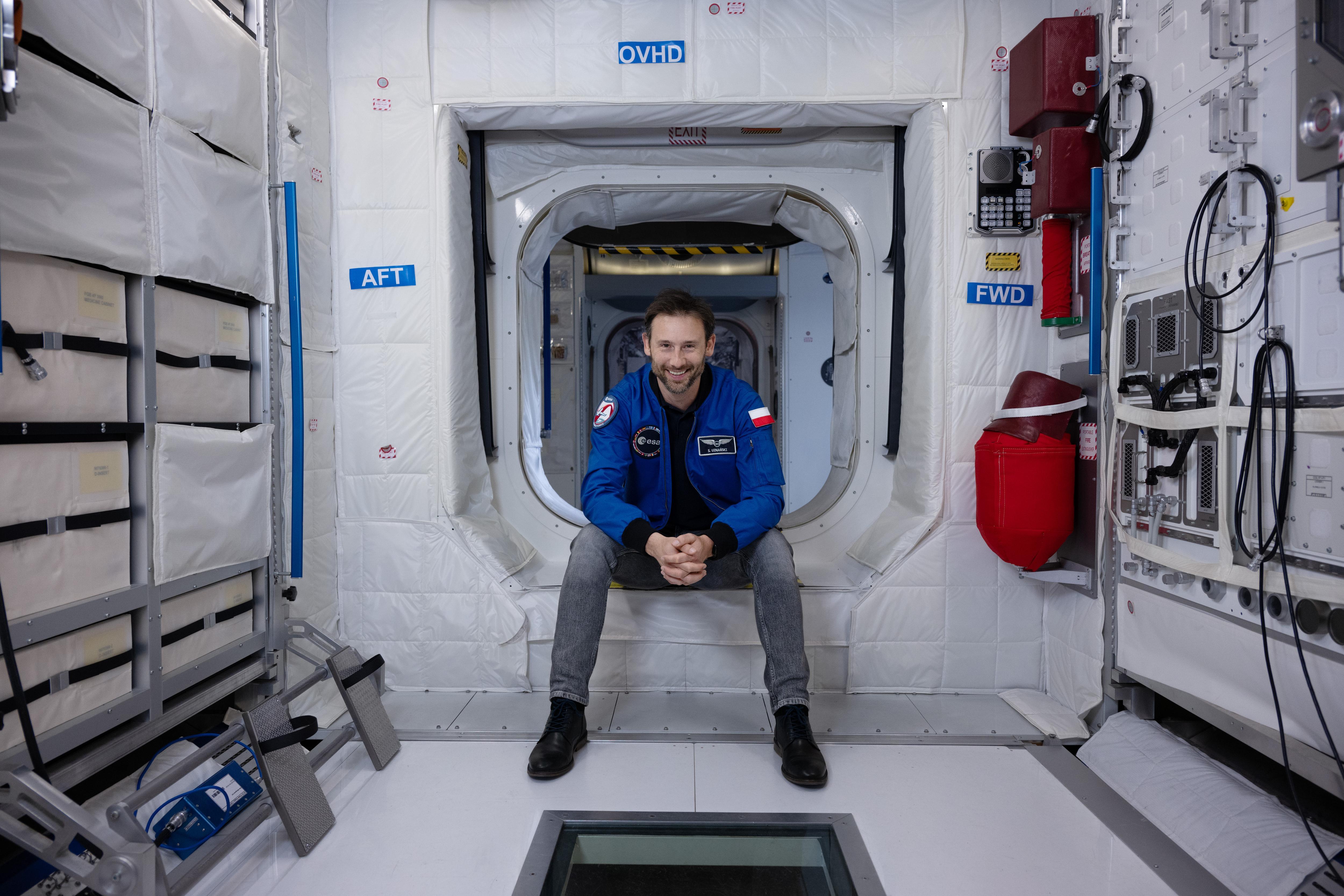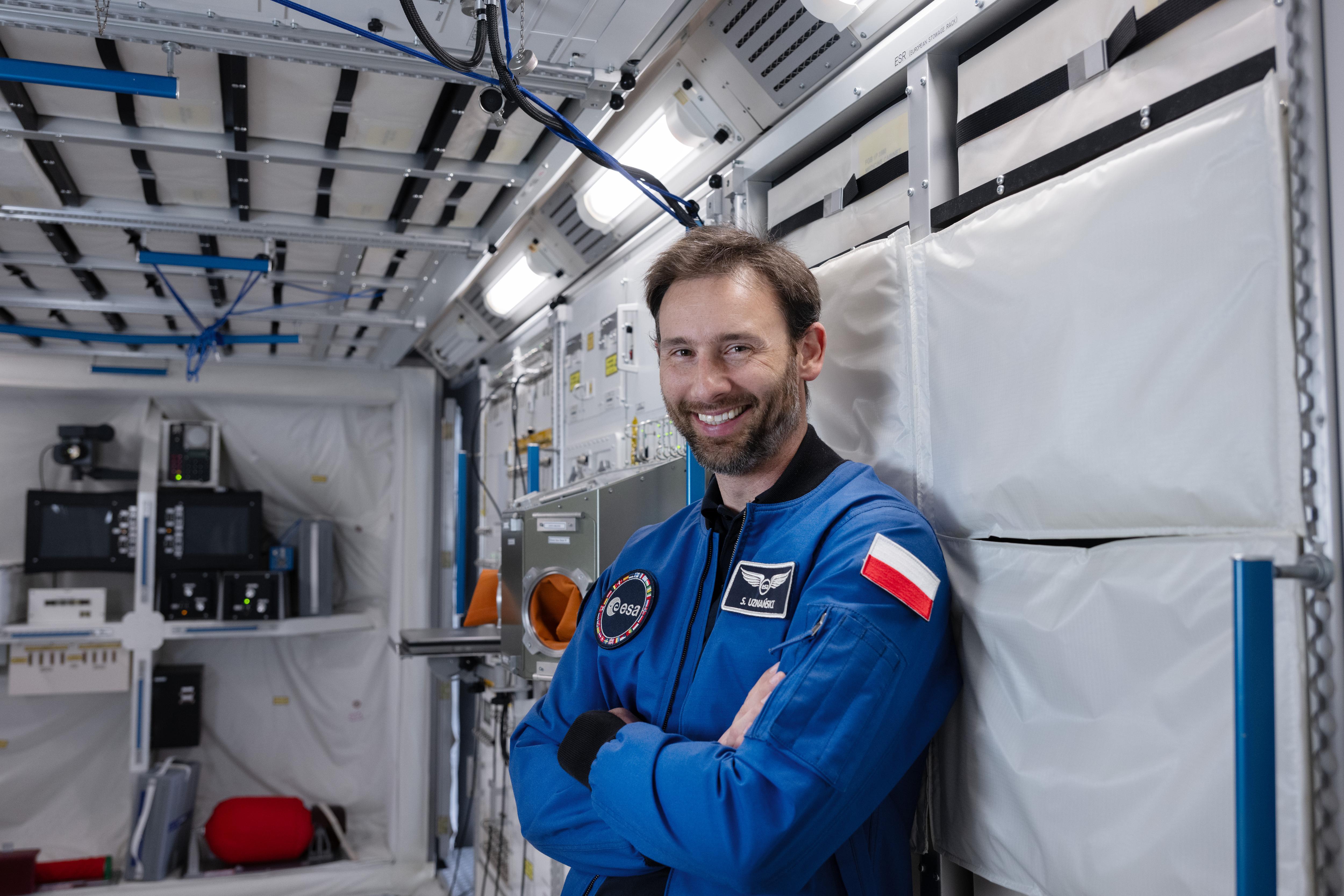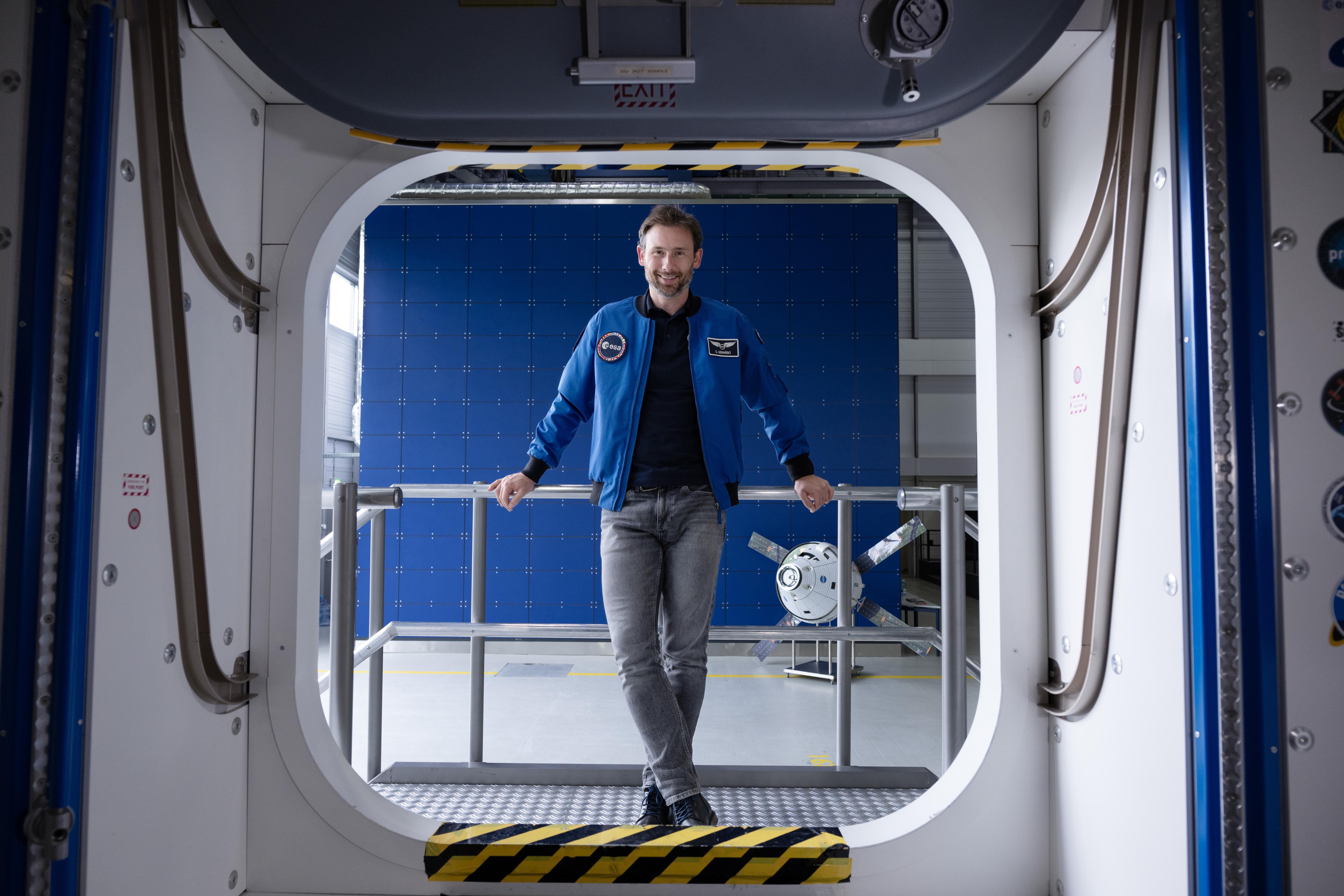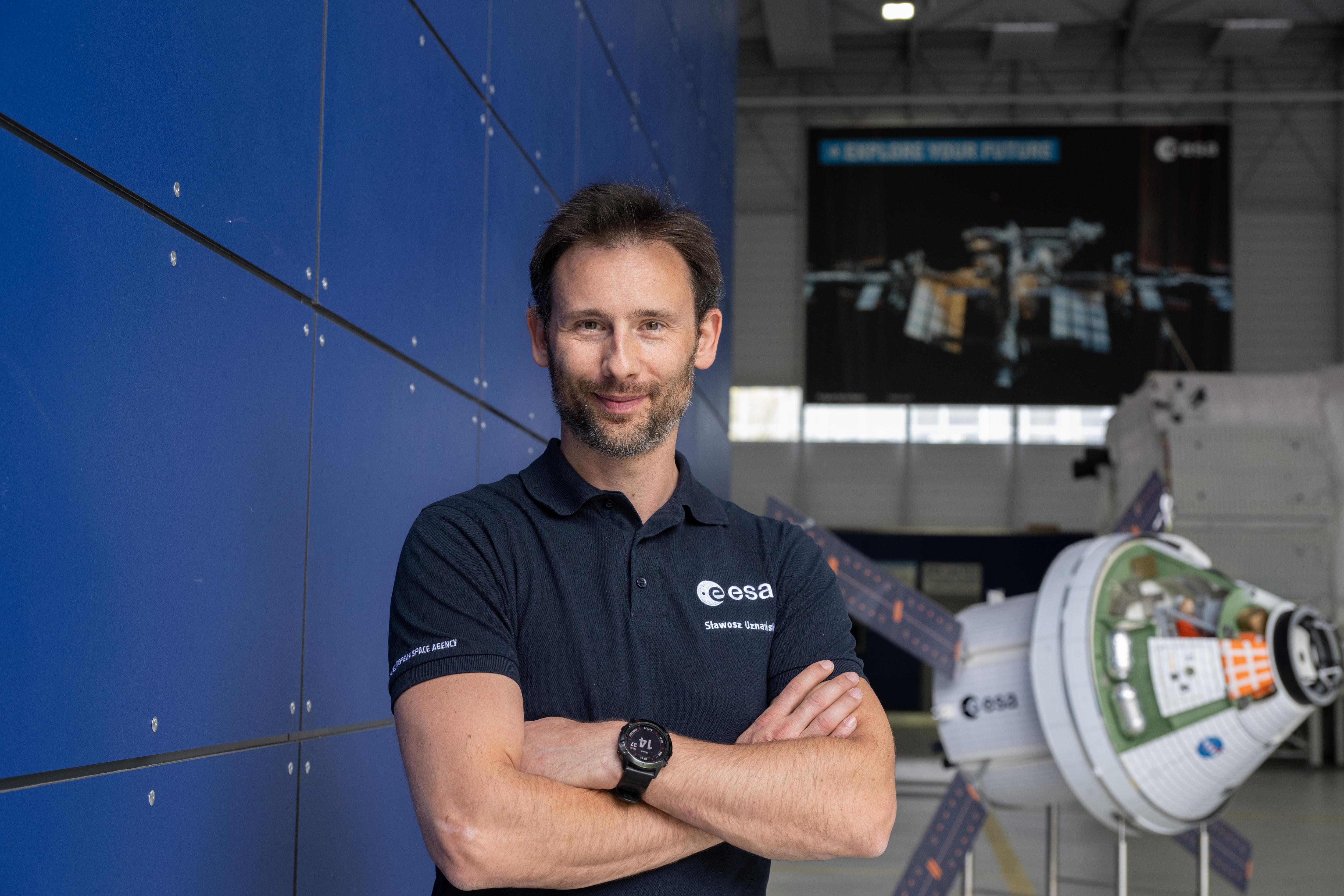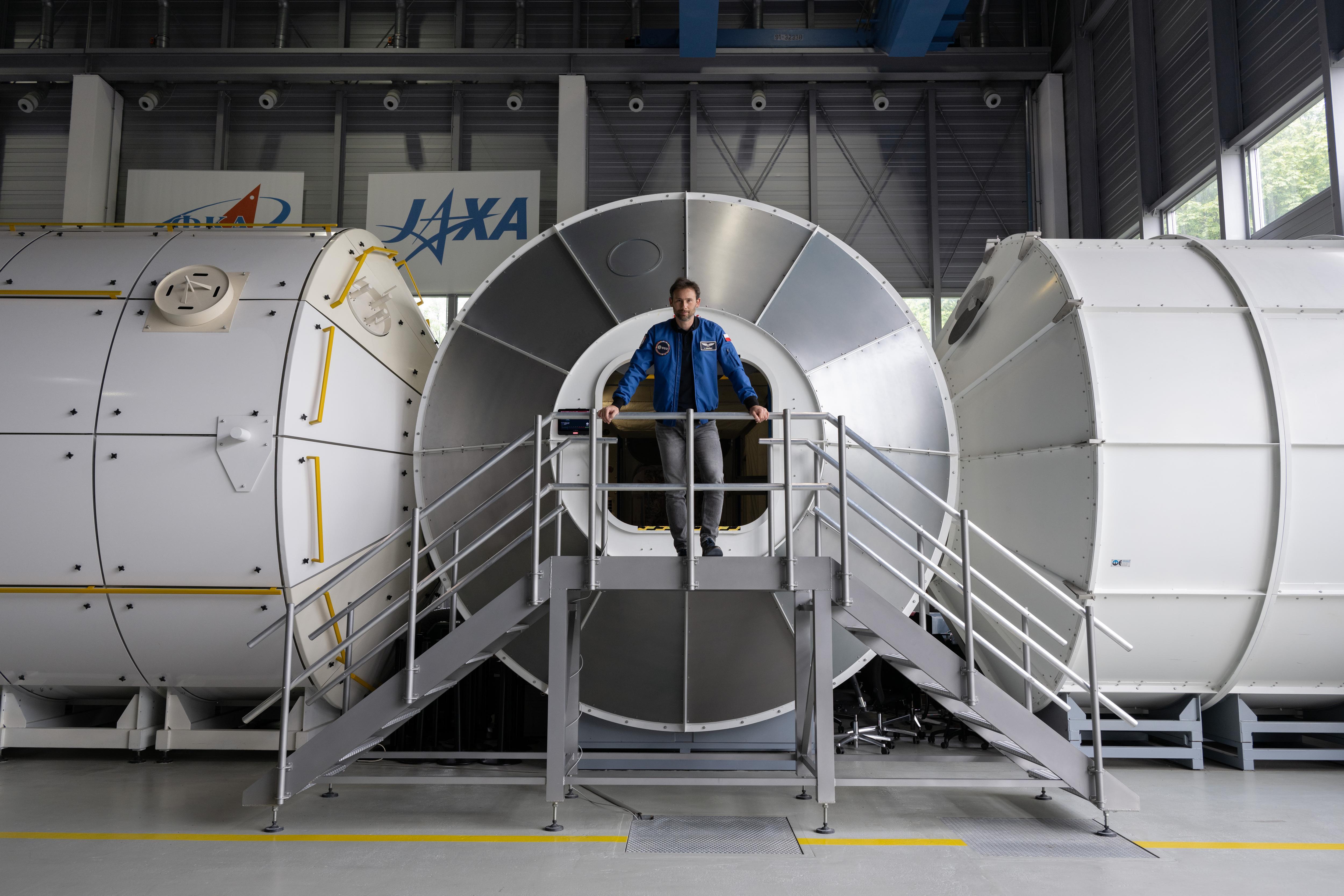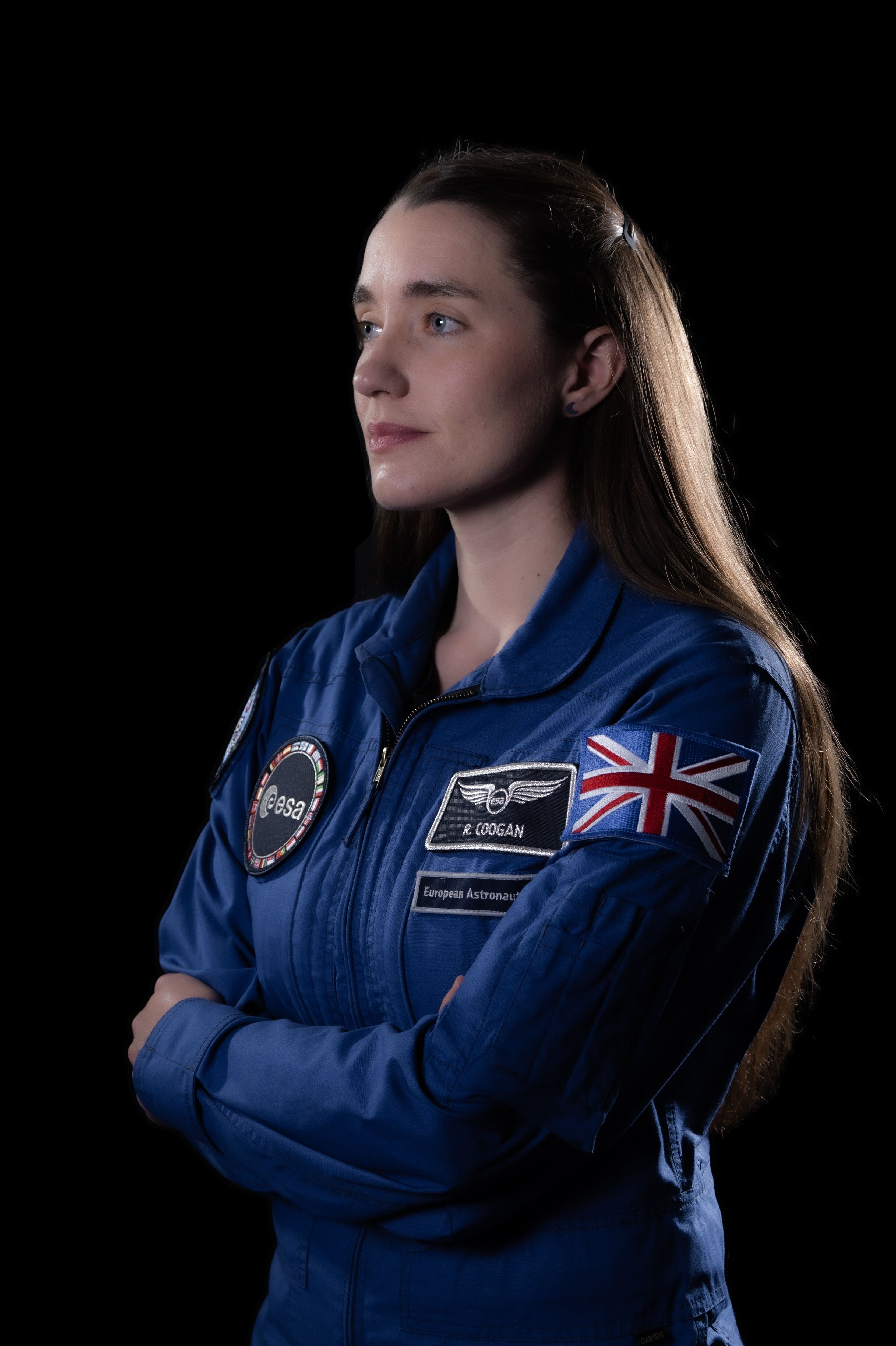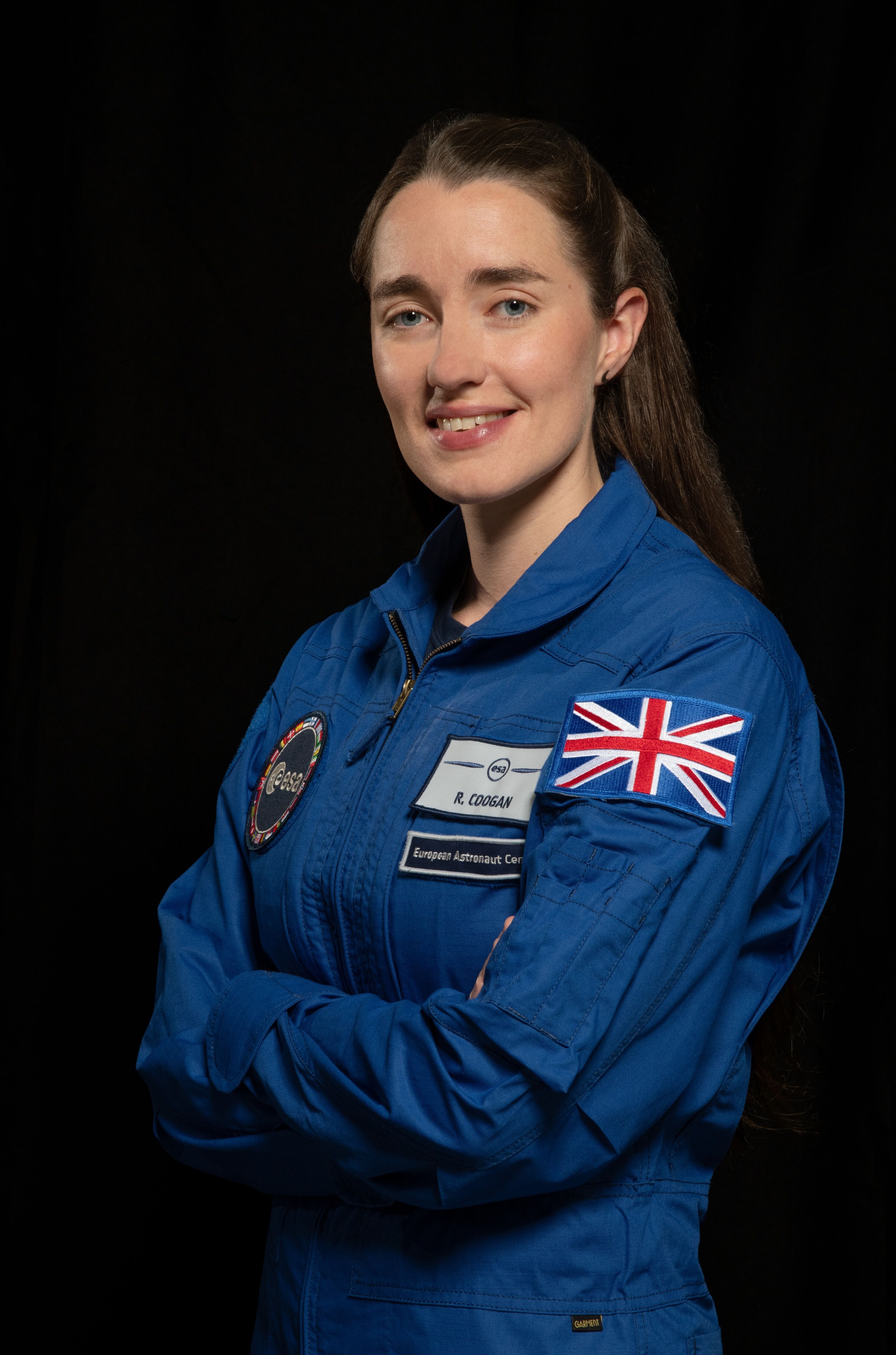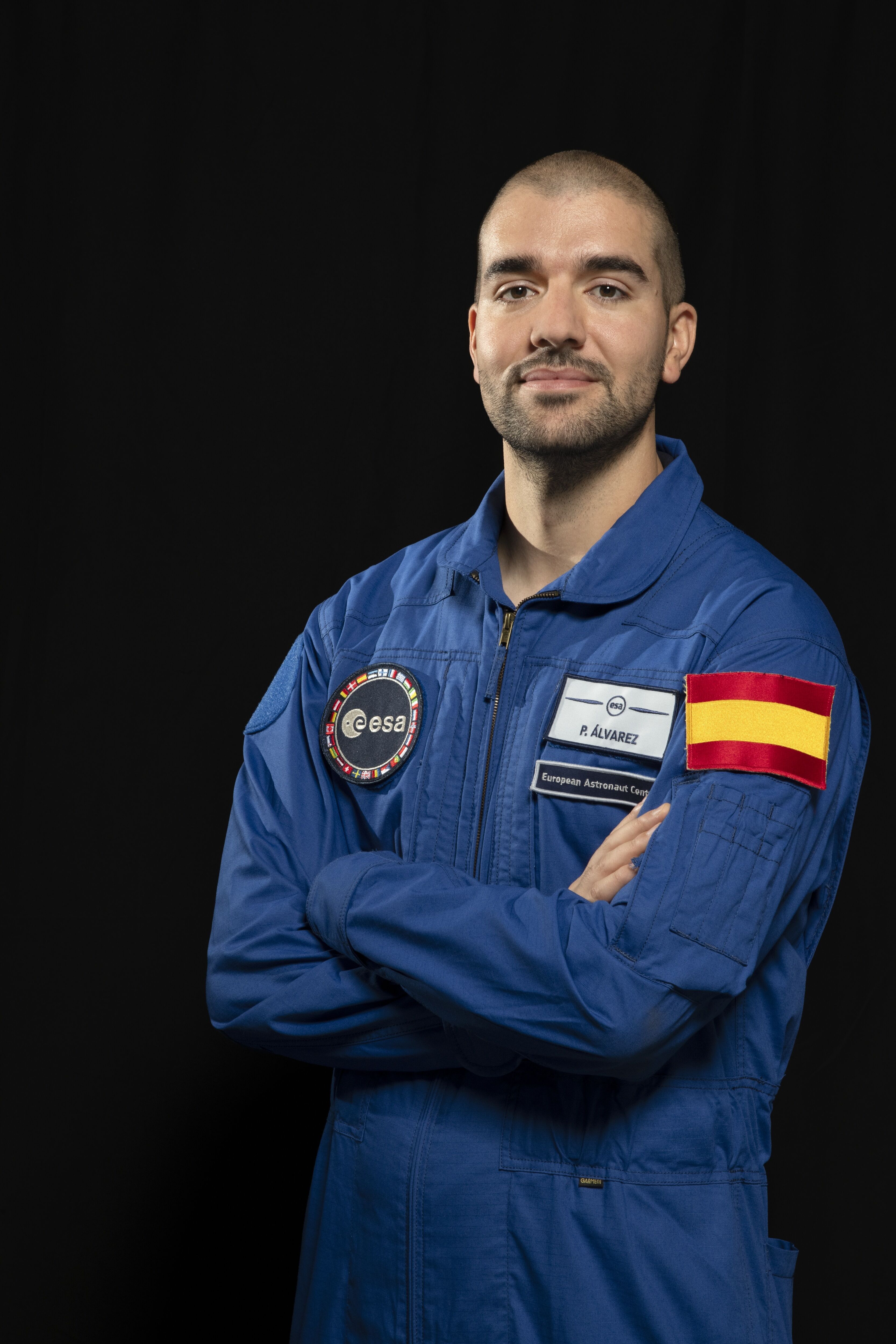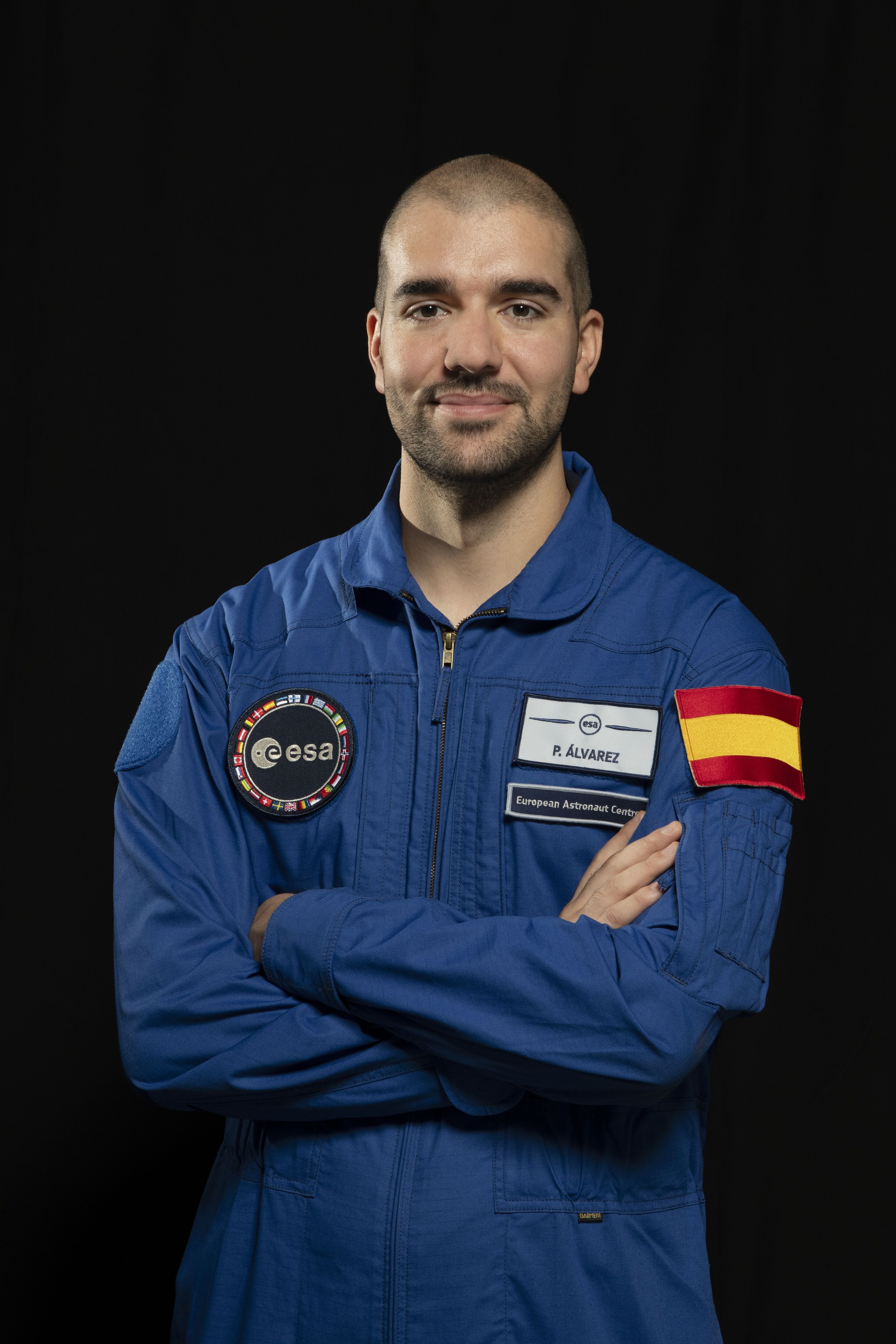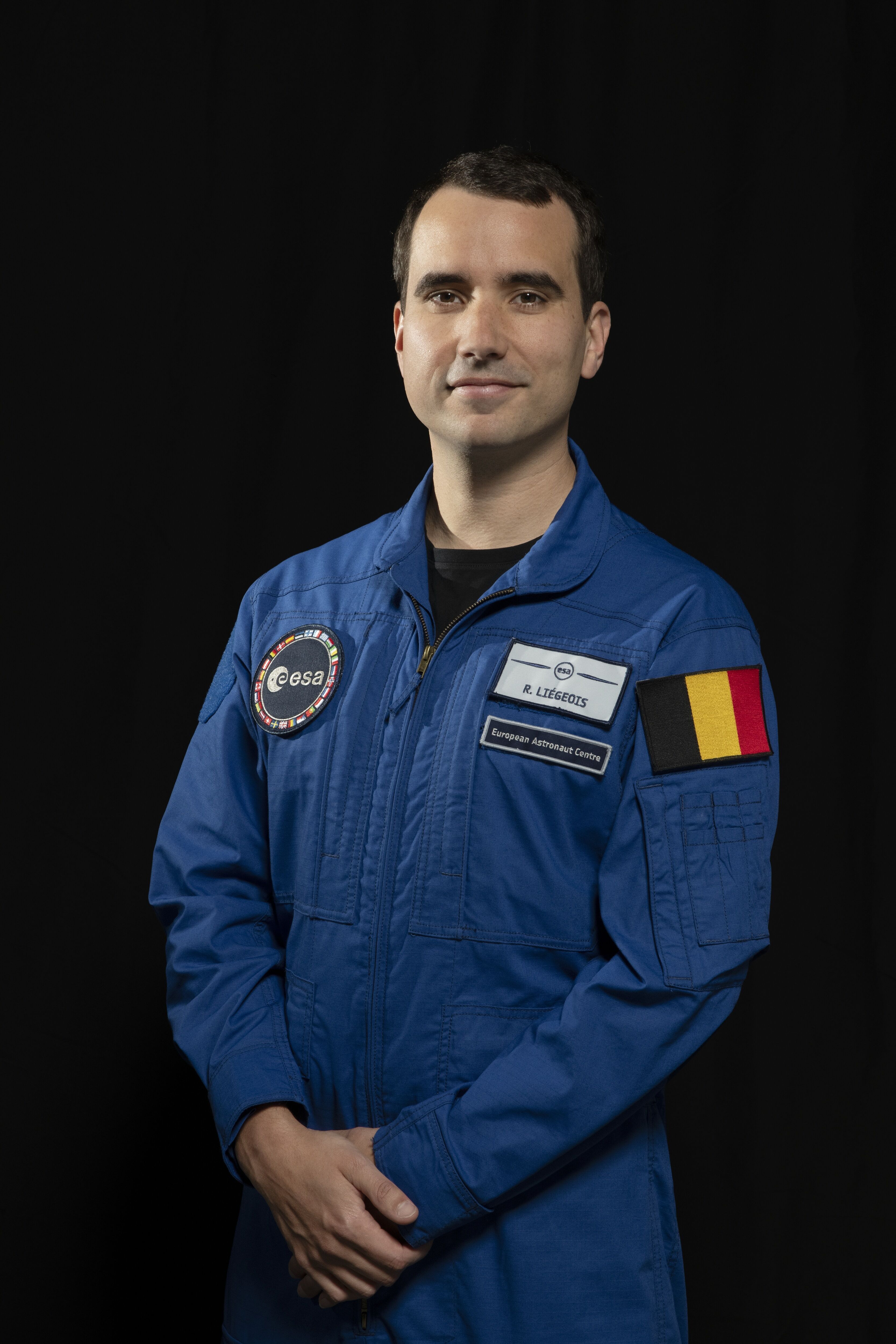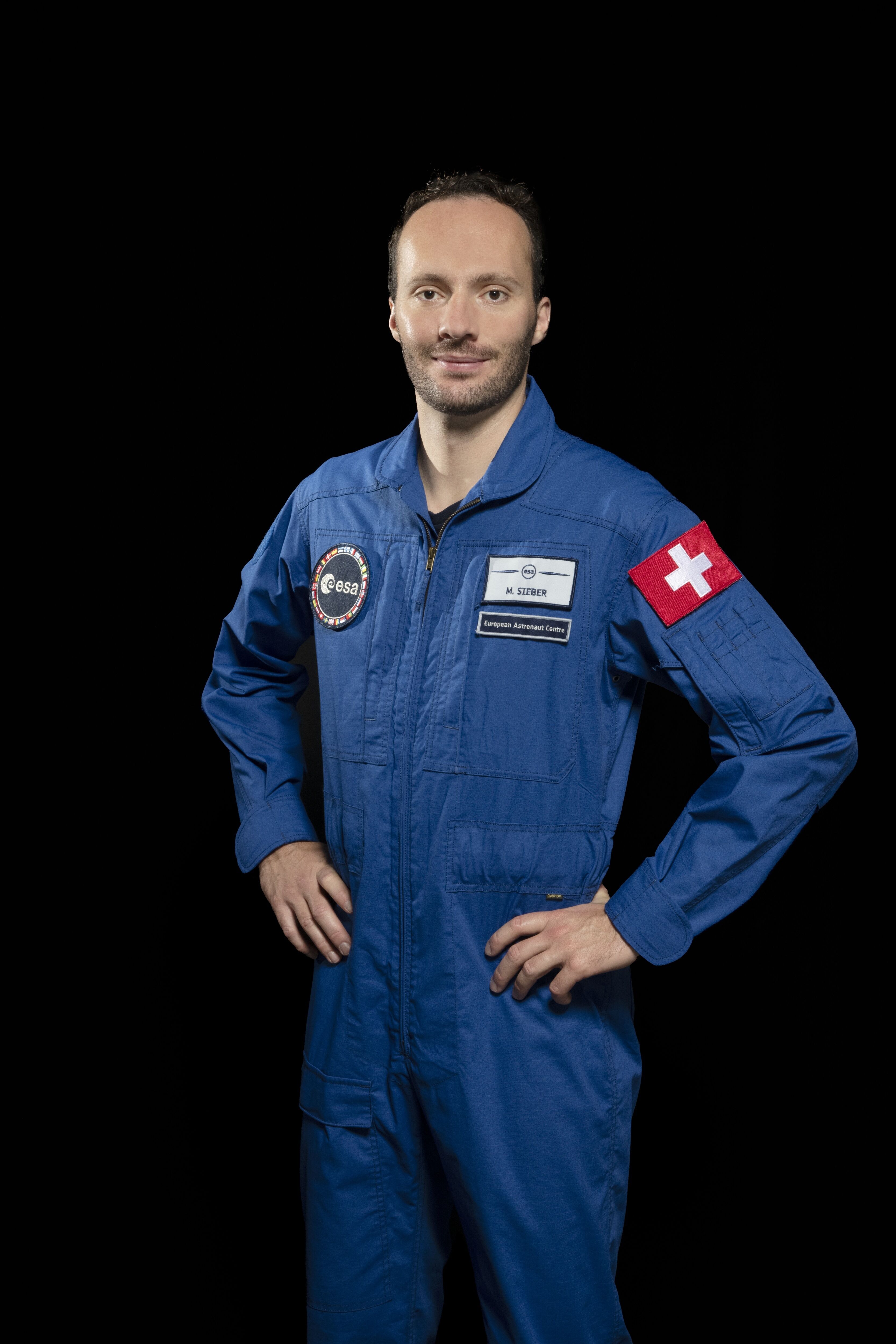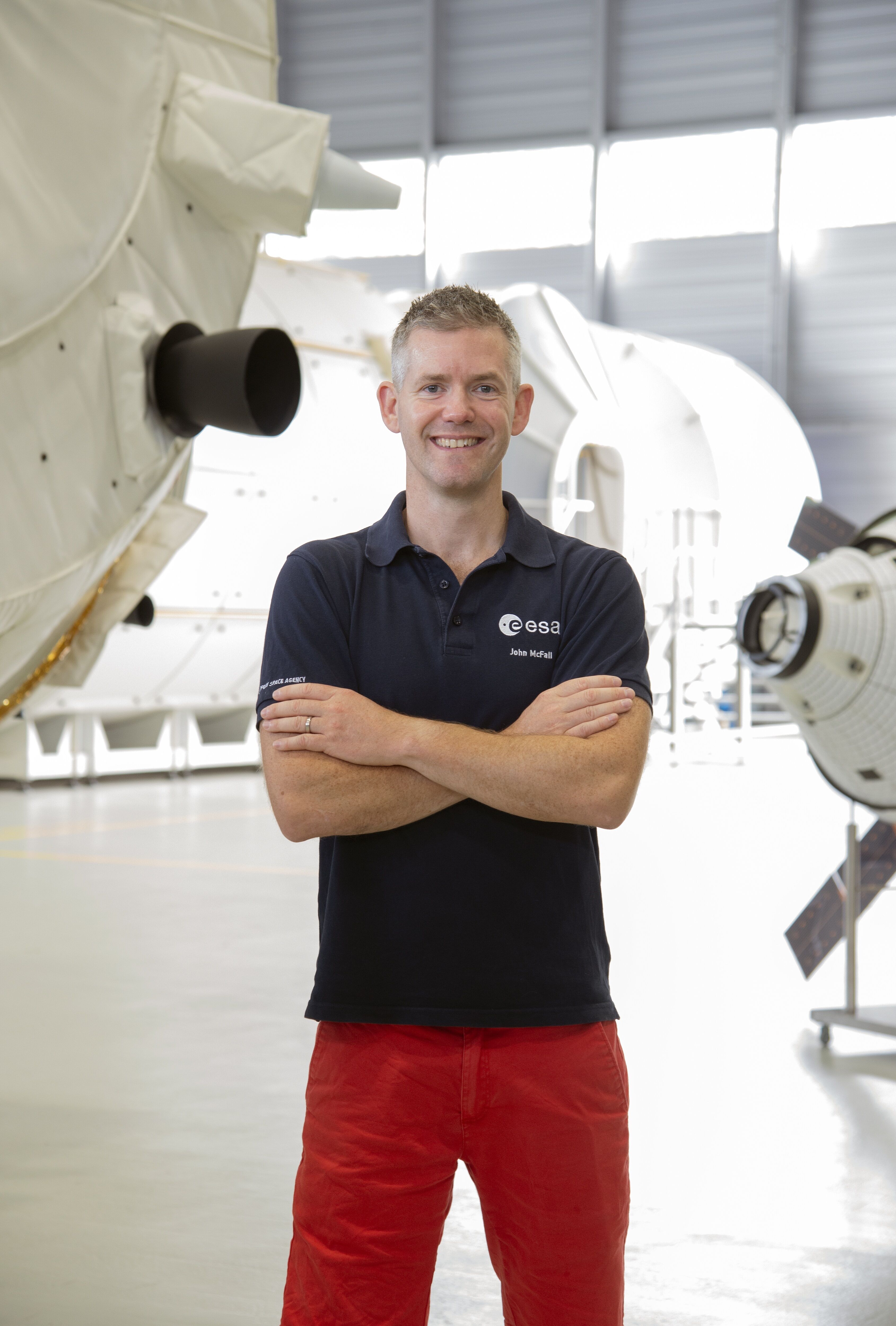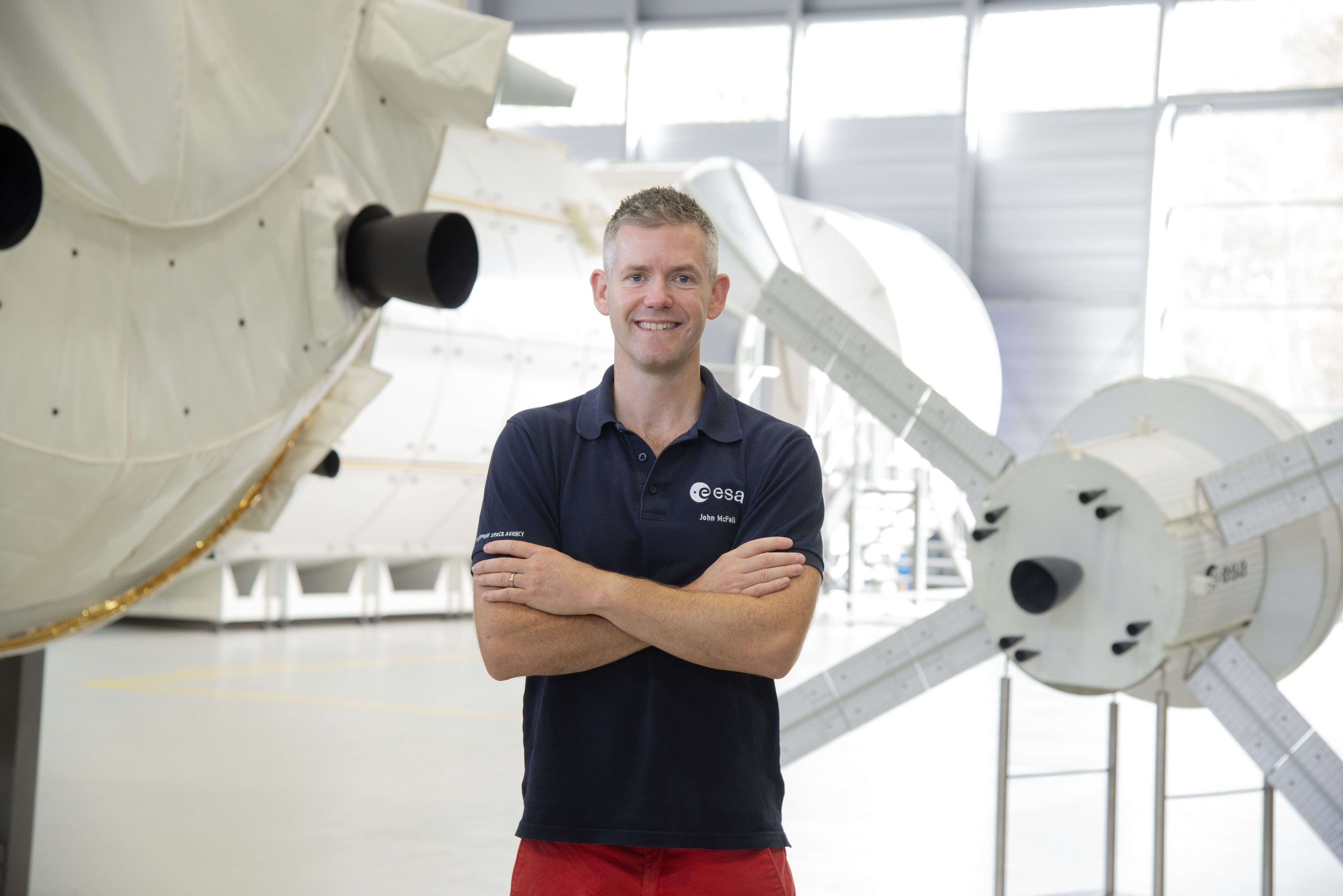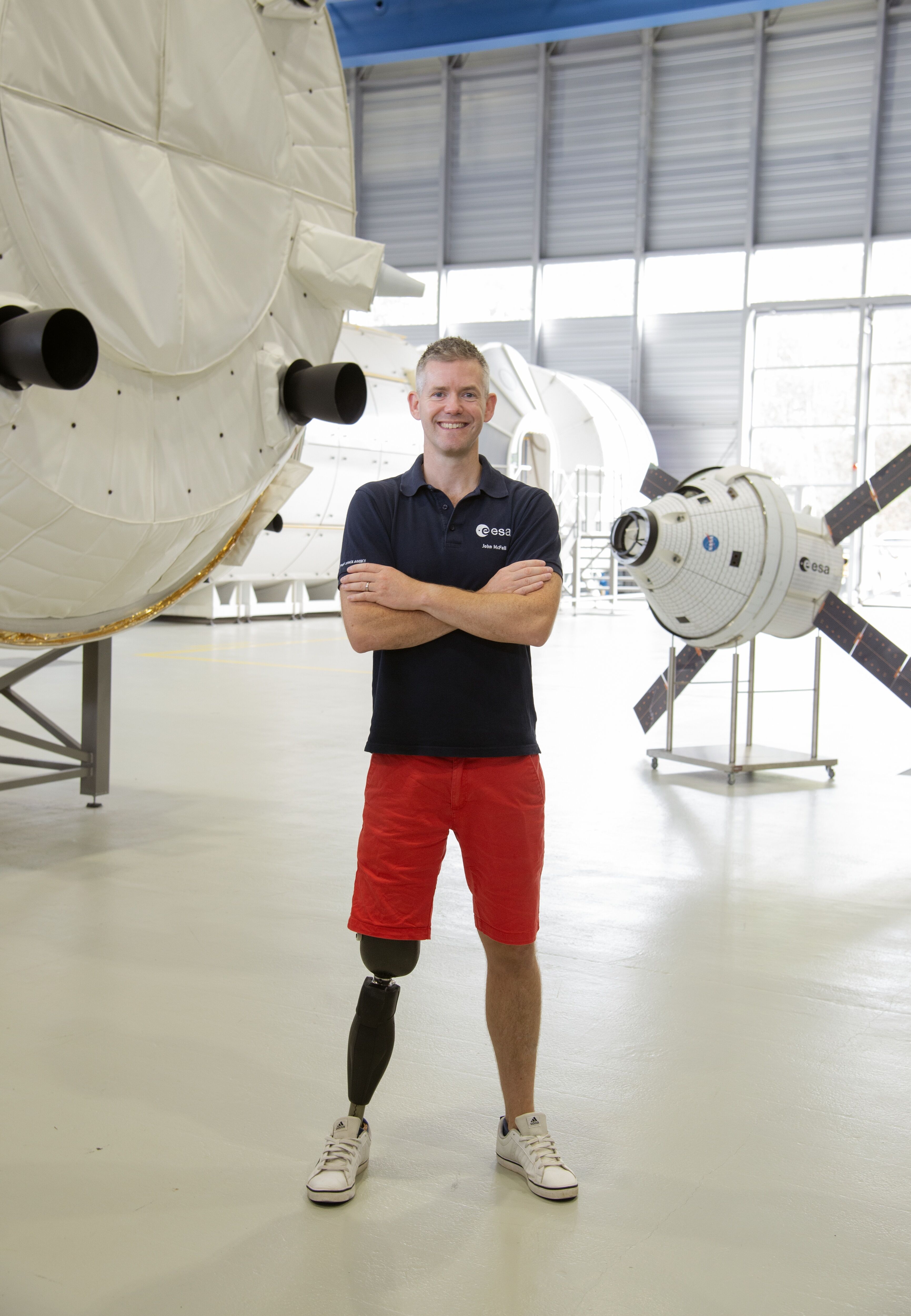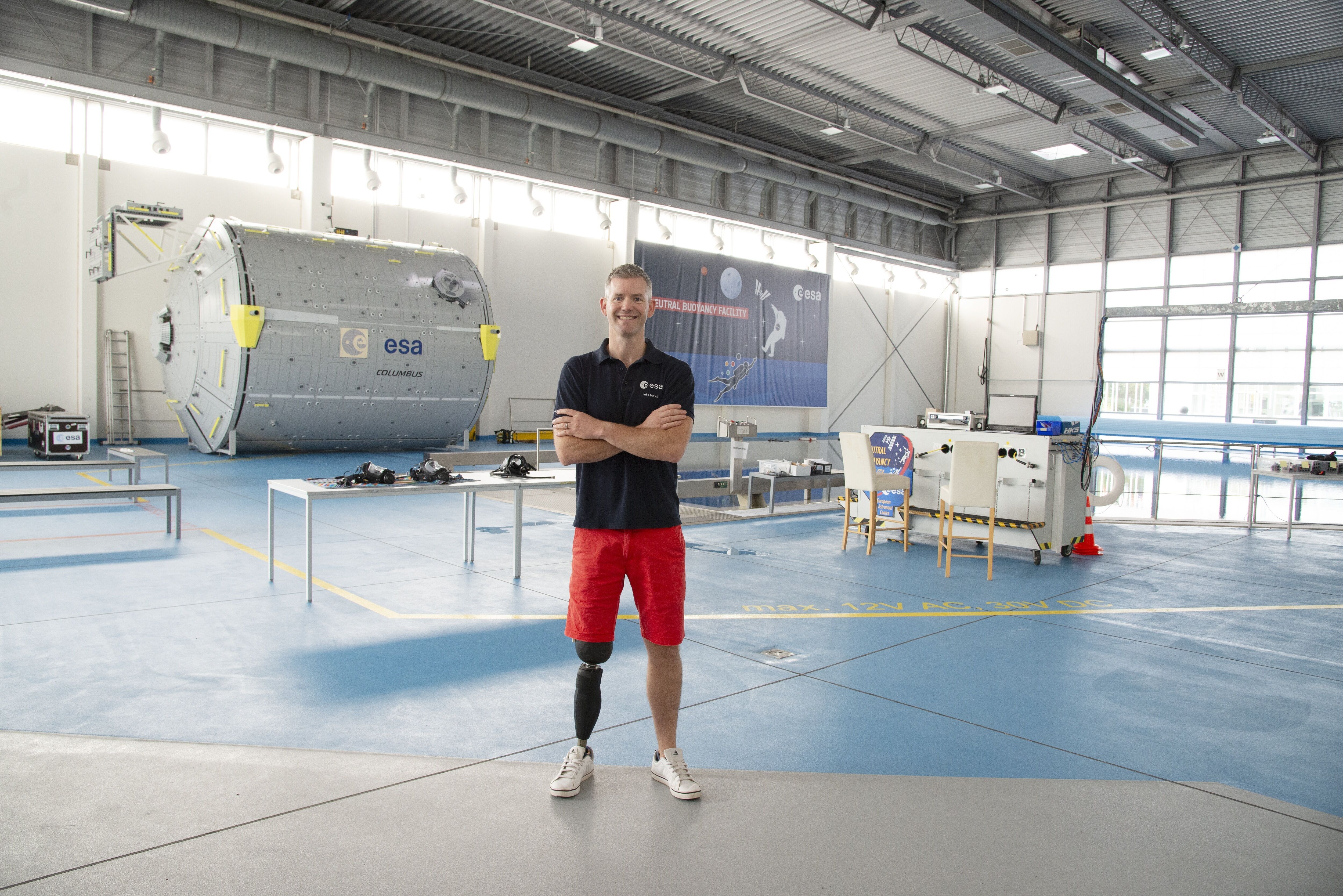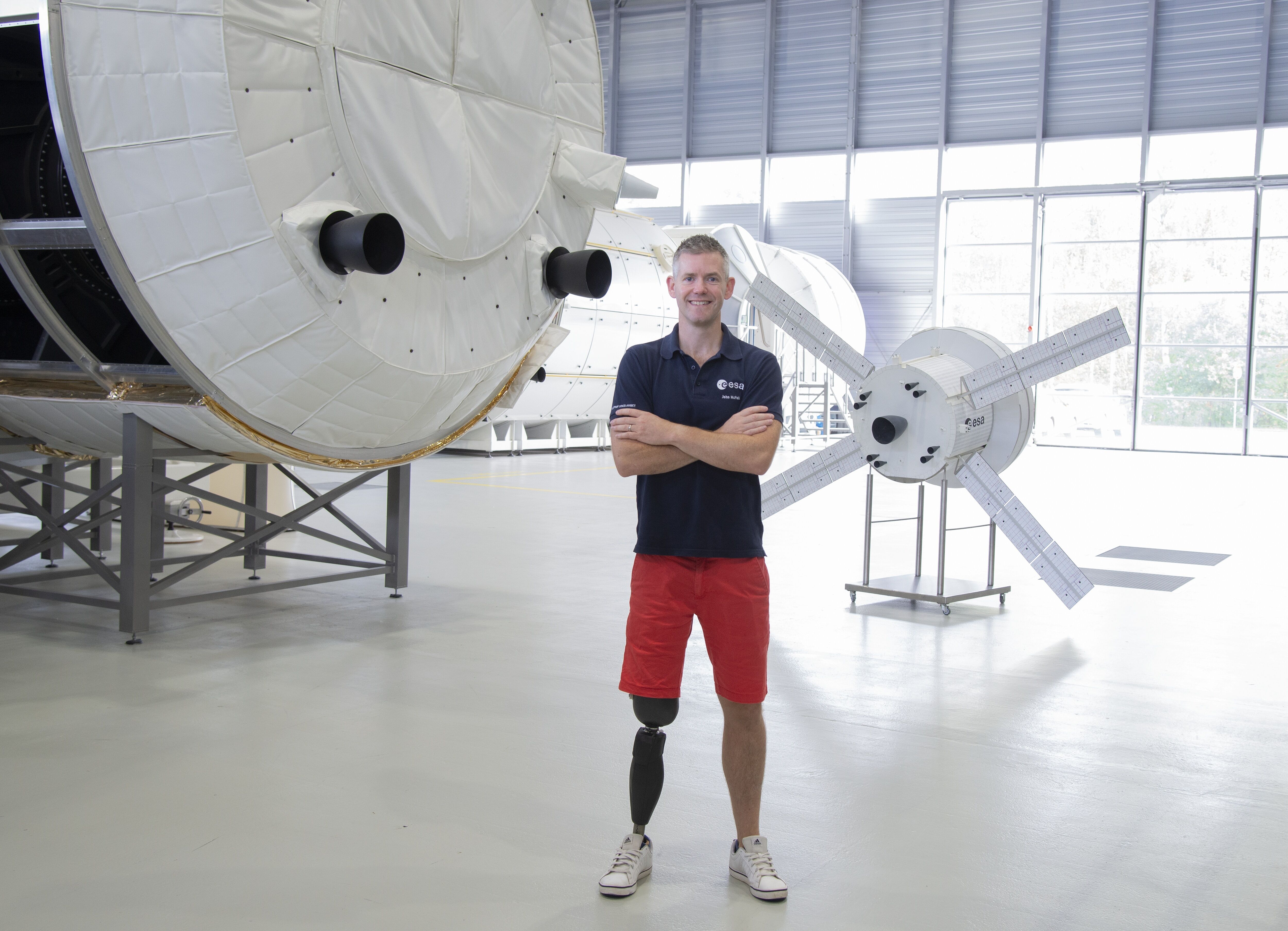Astronaut PortraitsReiter Thomas (Germany)Thomas Reiter, Astrolab mission
Thomas Reiter portrait
Please sign in to download.
Thomas Reiter portrait. Personal data Born 23 May 1958, in Frankfurt/Main, Germany, Thomas is married and has two sons. He enjoys fencing, badminton, cooking and playing the guitar. Education Thomas Reiter has an MSc in aerospace technology. He graduated from Goethe-High School in Neu-Isenburg in June 1977, from the Armed Forces University in Neubiberg in December 1982 and from the Empire Test Pilots School (EPTS)in Boscombe Down, England, in December 1992. Experience After completion of military jet training at Sheppard Air Force Base, Texas, Thomas Reiter flew the Alpha-Jet in a fighter-bomber squadron based in Oldenburg, Germany. He was involved in the development of computerized mission planning systems and became a flight-operations officer and deputy squadron commander. After completing the test-pilot training Class 2 at the German flight test centre in Manching during 1990, Reiter was involved in several flight test projects and conversion training on the Tornado the following year. Reiter attended the Class 1 test pilot training at ETPS, Boscombe Down, in 1992. His flight experience includes more than 2000 hours more than 15 types of military combat jet aircraft. Thomas Reiter was also involved in European Space Agency (ESA) studies of a manned space vehicle (Hermes) and development of equipment for the Columbus module, one of Europe’s main contributions to the International Space Station. In 1992, he was selected to join ESA’s Astronaut Corps, based at the European Astronaut Centre (EAC) in Cologne, Germany. After completing basic training, Reiter was selected for the Euromir 95 mission and started training at TsPK (Cosmonauts Training Centre) in Star City near Moscow in August 1993, preparing for onboard engineer tasks, extra-vehicular activities and operations of the Soyuz transportation system. The Euromir 95 experiment training was organized and mainly carried out at the EAC. In March 1995 he was assigned on-board engineer for the Euromir 95 mission, a record-breaking 179 days on ESA's Euromir 95 mission (3 September 1995 to 29 February 1996) with two spacewalks (EVAs). Between October 1996 and July 1997, Reiter underwent training on Soyuz-TM spacecraft operations for de-docking, atmospheric re-entry and landing. He was awarded the Russian 'Soyuz Return Commander' certificate, which qualifies him to command a three-person Soyuz capsule during its return from space. Furthermore, he performed collateral duties in the European Robotic Arm team of ESA, which is developing the Robotic Arm and its ground-based test and mission control equipment. From September 1997 to March 1999, Reiter was detached to the German Air Force as Operational Group Commander of a Tornado fighter bomber wing. After his return to ESA he gave support to the ATV team and continued training at the Russian Cosmonaut Training Centre in Star City from June '99 until March 2000 for the Russian segments of the International Space Station. Spaceflight experience ESA-Russian Euromir 95 mission to the Mir Space Station, along with Russian colleagues Yuri Gidzenko and Serguei Avdeev. Reiter was assigned as on-board engineer for the record-breaking 179 days mission (3 September 1995 until 29 February 1996). He performed some 40 European scientific experiments and participated in the maintenance of the Mir Space Station. He performed two spacewalks (EVAs) to install and later retrieve cassettes of the European Space Exposure Facility experiments (ESEF). On 1 April 1999 he resumed his activities at the European Astronaut Centre, Cologne, Germany. Current assignment Within the Directorate of Manned Spaceflight and Microgravity he is providing support to the ERA and Columbus programmes. Since April 2001 he is assigned to the first ISS advanced training class to prepare for one of the first European long-term flights on-board ISS.
